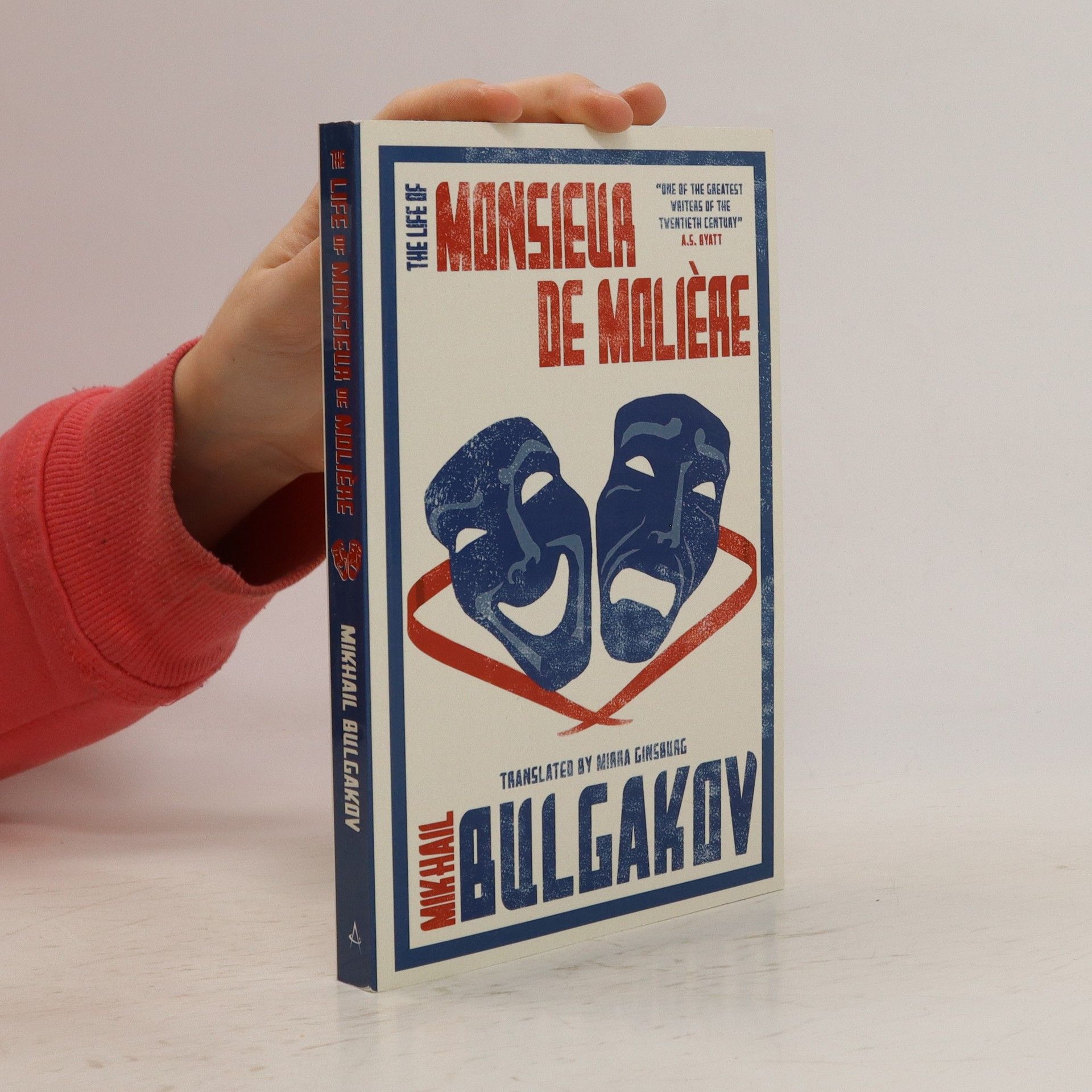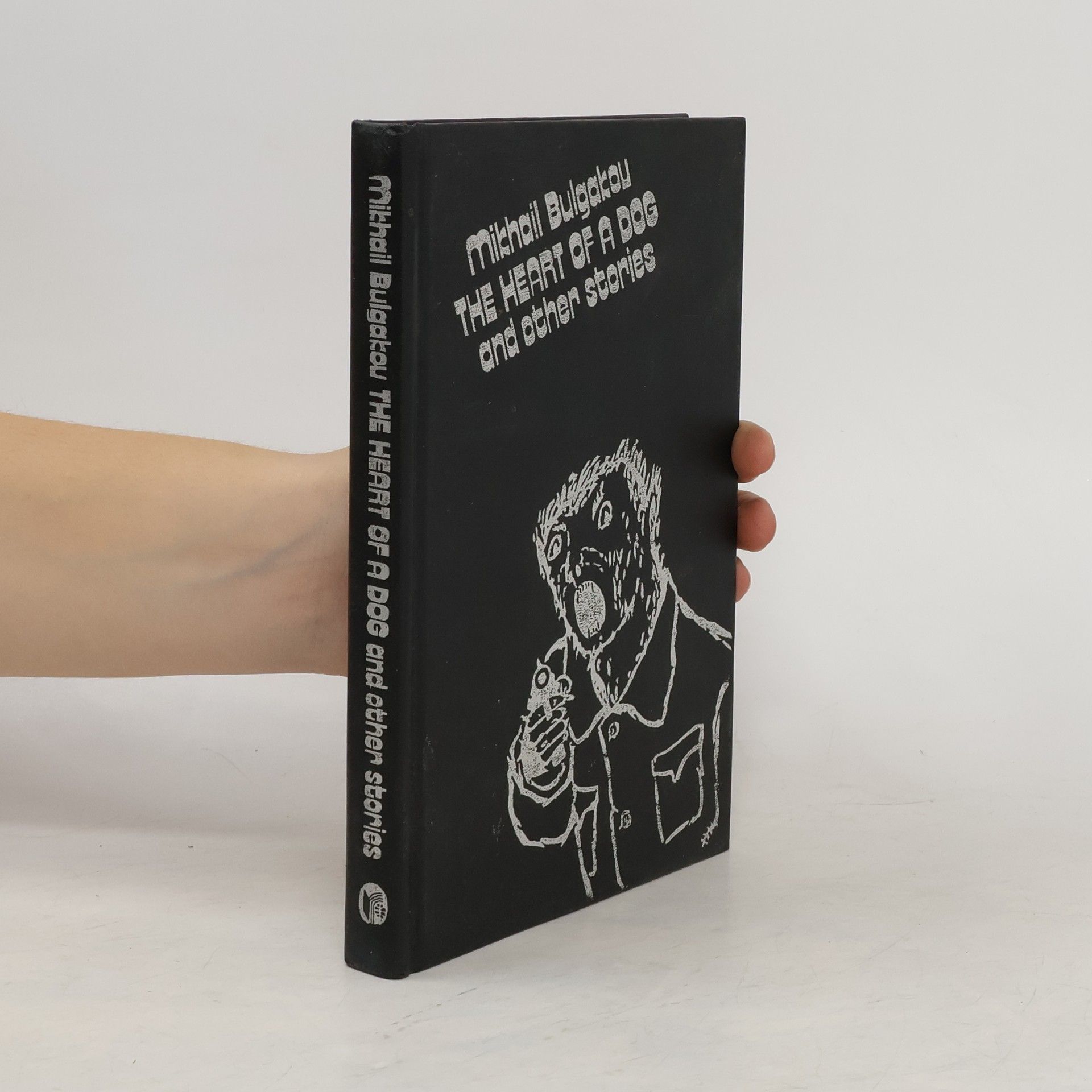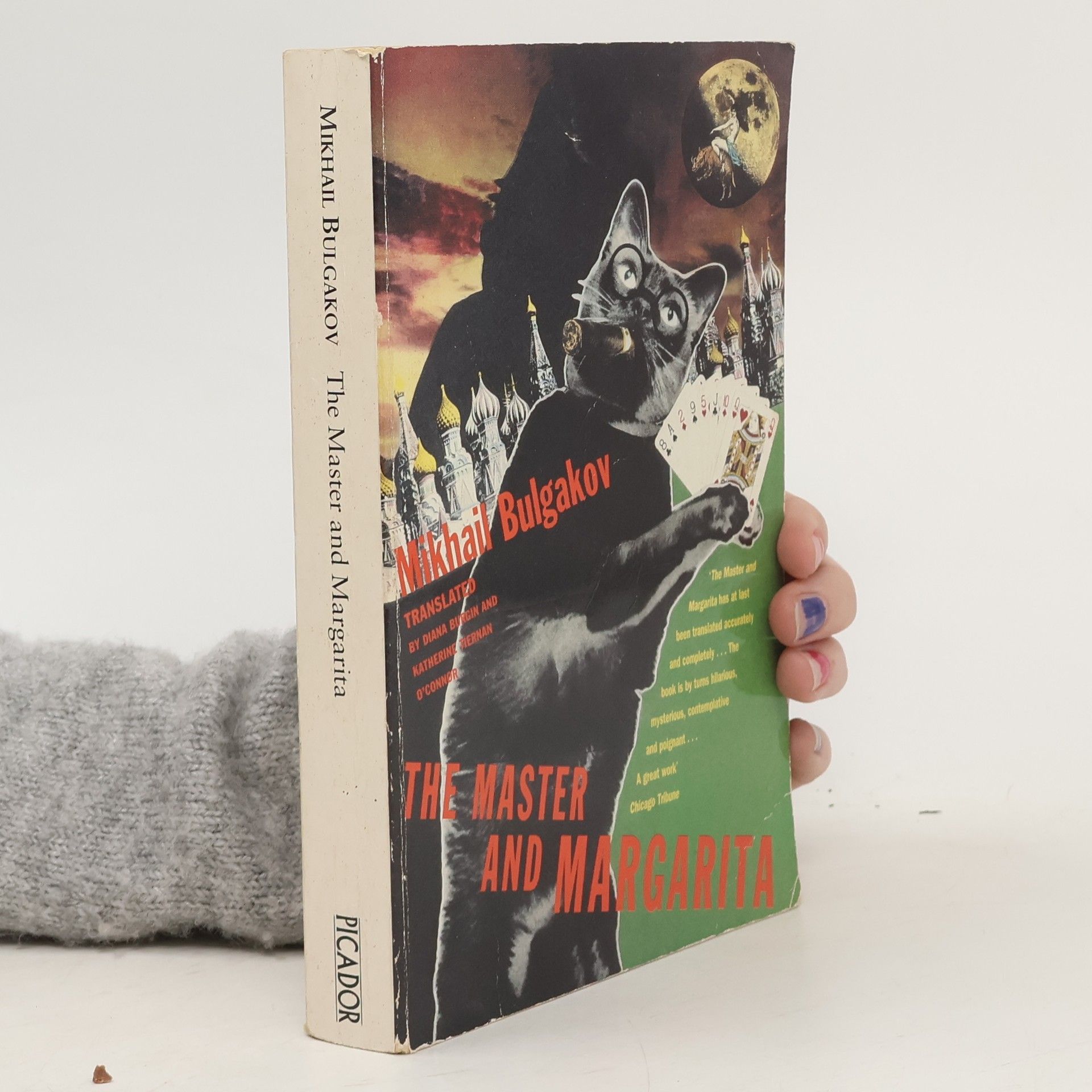The Master and Margarita
- 384bladzijden
- 14 uur lezen
A new translation of Bulgakov's novel which also includes a commentary and afterword that provide new insights into the subtext of the novel.
Mikhail Bulgakov combineerde meesterlijk satire, fantasie en diepgaand sociaal commentaar, waarbij hij vaak de complexe relatie tussen de kunstenaar en onderdrukkende machtsstructuren onderzocht. Zijn werken, vaak geïnspireerd door historische figuren, verdiepen zich in de spanningen tussen creatieve vrijheid en autoritaire controle. Met opmerkelijke behendigheid navigeerde Bulgakov door diverse genres, van indrukwekkende toneelstukken tot briljante romans, zijn stijl gekenmerkt door scherpe humor en een diep begrip van de menselijke conditie. Zijn meest gevierde roman, een fantastische verkenning van het bovennatuurlijke in het moderne Moskou, wordt algemeen beschouwd als zijn meesterwerk, hoewel brede erkenning pas decennia na zijn overlijden kwam.







A new translation of Bulgakov's novel which also includes a commentary and afterword that provide new insights into the subtext of the novel.
Using a sharply realistic and humorous style, Bulgakov reveals his doubts about his own competence and the immense burden of responsibility, as he deals with a superstitious and poorly educated people struggling to enter the modern age. This acclaimed collection represents some of Bulgakov's most personal and insightful observations on youth, isolation and progress.
Contains the following stories: - Notes Off the Cuff- Diaboliad- The Fateful Eggs- The Heart of a Dog
Mikhail Bulgakov's adaptation of Cervantes' classic novel offers a theatrical and deeply personal interpretation, showcasing his unique vision. This edition is translated into English for the first time by acclaimed translators Richard Pevear and Larissa Volokhonsky, alongside playwright Richard Nelson, who brings his award-winning expertise to the project. The collaboration promises to highlight the richness and complexity of the original work while making it accessible to a new audience.
Charts the life of the French playwright - Moliere - from humble beginnings to later theatrical triumphs and political controversies.
Features a wealthy Moscow surgeon Filip Preobrazhensky who implants the pituitary gland and testicles of a drunken petty criminal into the body of a stray dog. As the dog slowly transforms into a man, and man into a slovenly, lecherous government official, the doctor's life descends into chaos.
Kiev - Kyiv - is in chaos. Russia has withdrawn from World War I but the Germans have set up a puppet government in Ukraine. Civil war rages- the Bolsheviks have seized power in Russia, but the anti-revolutionary White Guard who have fled to Ukraine, are rallying to resist. In the meantime, Ukrainian nationalists are camped outside the capital, and a Red army is on its way to bring everyone to heel. While all this is going on, the Turbin family try to eke out their existence in Kyiv and discuss what they should do. They are exactly the sort of family - monarchist intelligentsia - for whom the future looks particularly menacing. Bulgakov's brilliant and evocative prose brings the city and the moment unforgettably to life and sheds some fascinating light on the complex interwoven histories of Ukraine and Russia.
WITH A NEW INTRODUCTION BY ANDREY KURKOV A rich, successful Moscow professor befriends a stray dog and attempts a scientific first by transplanting into it the testicles and pituitary gland of a recently deceased man. A distinctly worryingly human animal is now on the loose, and the professor's hitherto respectable life becomes a nightmare beyond endurance. An absurd and superbly comic story, this classic novel can also be read as a fierce parable of the Russian Revolution.
"There is absolutely no necessity to learn how to read; meat smells a mile off, anyway. Nevertheless, if you live in Moscow and have a brain in your head, you'll pick up reading willy-nilly, and without attending any courses. Out of the forty thousand or so Moscow dogs, only a total idiot won't know how to read the word 'sausage'." When a stray dog dying on the streets of Moscow is taken in by a wealthy professor, he is subjected to medical experiments in which he receives various transplants of human organs. As he begins to transform into a rowdy, unkempt human by the name of Poligraf Poligrafovich Sharikov, his actions distress the professor and those surrounding him, although he finds himself accepted into the ranks of the Soviet state. A parodic reworking of the Frankenstein myth and a vicious satire of the Communist revolution and the concept of the New Soviet man, A Dog's Heart was banned by the censors in 1925 and circulated only in samizdat form. Nowadays this hugely entertaining tale has become very popular in Russia, and has inspired many adaptations across the world.
From the author of The Master and Margarita comes this short and tragic masterpiece about drug addiction Young Dr. Bromgard has come to a small country town to assume a new practice. No sooner has he arrived than he receives word that a colleague, Dr. Polyakov, has fallen gravely ill. Before Bromgard can go to his friend’s aid, Polyakov is brought to his practice in the middle of the night with a self-inflicted gunshot wound, and, barely conscious, gives Bromgard his journal before dying. What Bromgard uncovers in the entries is Polyakov’s uncontrollable and merciless descent into morphine addiction — his first injection to ease his back pain, the thrill of the drug as it overtakes him, the looming signs of addiction, and the feverish final entries before his death.